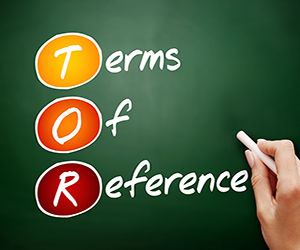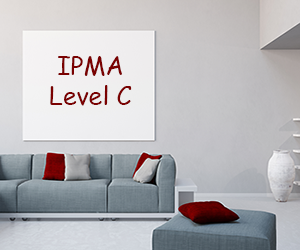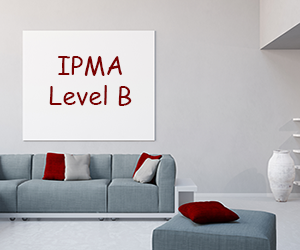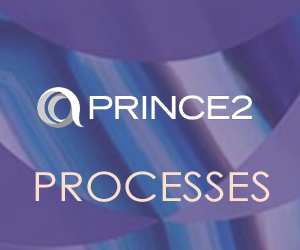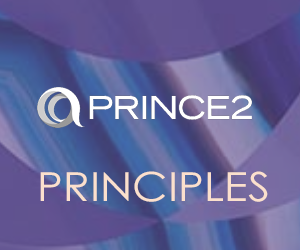How to Write a Powerful Terms of Reference
The Terms of Reference (TOR) is a description of the technical work involved in a project, or part of a project. Specifically, it is used to specify the work required by an external consultant, contractor, or supplier. It is the technical part of the bidding documents. Typically, a project manager....
The Components of a Procurement Management Plan
A procurement management plan documents how a project will conduct its procurement (purchasing). In the Project Management Body of Knowledge (PMBOK Guide), it is the component of the overall Project Management Plan that deals with external purchasing for the project. It is separate from the statement of work (SOW), also....
10 Parts of a Communications Management Plan
The Project Management Body of Knowledge (PMBOK) specifies the creation of a Communications Management Plan. The PRINCE2 project management methodology specifies an equivalent Communications Management Approach. This plan describes how project communications will be managed, planned, structured, implemented and monitored for effectiveness. A communications management plan contains the following 12....
IPMA Level C: Certified Project Manager
The IPMA Level C designation is a project manager certification issued by the International Project Management Association (IPMA). The nickname for level C certification is ‘Certified Project Manager.’ Level C is for project managers on smaller or non-complex projects where relationships often play a larger role than rigid adherence to project management....
IPMA Level B: Certified Senior Project Manager
IPMA Level B is a project manager certification issued by the International Project Management Association (IPMA). Levels B and C are both project manager certifications from the IPMA. Level B is for complex projects where project managers are full time professional project managers, and Level C is for simple projects where project....
Overview of the IPMA Methodology
The International Project Management Association (IPMA) maintains a project management methodology and certification scheme which is outlined in the Individual Competence Baseline. This manual outlines 29 'competence elements' which define a competent project manager. The competence elements are divided into three subcategories: Perspective People Practice. Perspective Strategy This competence element....
The 7 Processes of PRINCE2
PRINCE2's processes are structured activities that turns one or more inputs into outputs. They are the tasks required to direct, manage, and deliver a project successfully. There are 7 processes within the PRINCE2 methodology: Starting up a project Directing a project Initiating a project Controlling a stage Managing product delivery....
The 7 Principles of PRINCE2
PRINCE2's principles are guiding doctrines which must be followed by all projects. They are like a project constitution of sorts. All projects must abide by these philosophies. The seven principles are: Continued Business Justification Learn from Experience Defined Roles and Responsibilities Manage by Stages Manage by Exception Focus on Products....
What is Project Management?
Project Management is the application of knowledge, skills, tools, and techniques to project activities to meet project requirements. The profession of project management includes the application of many skills, which include: Dividing the project into tasks Creating schedules (deadlines) Estimating budgets Determining project scope Communicating with stakeholders Acquiring the project team....
What is a Project?
The definition of a Project is: A temporary endeavor undertaken to create a unique product, service, or result. The two most important keywords within that definition are: Temporary: A project has a fixed beginning and end. Because of this, there are two factors that come into play in virtually every project: ....
